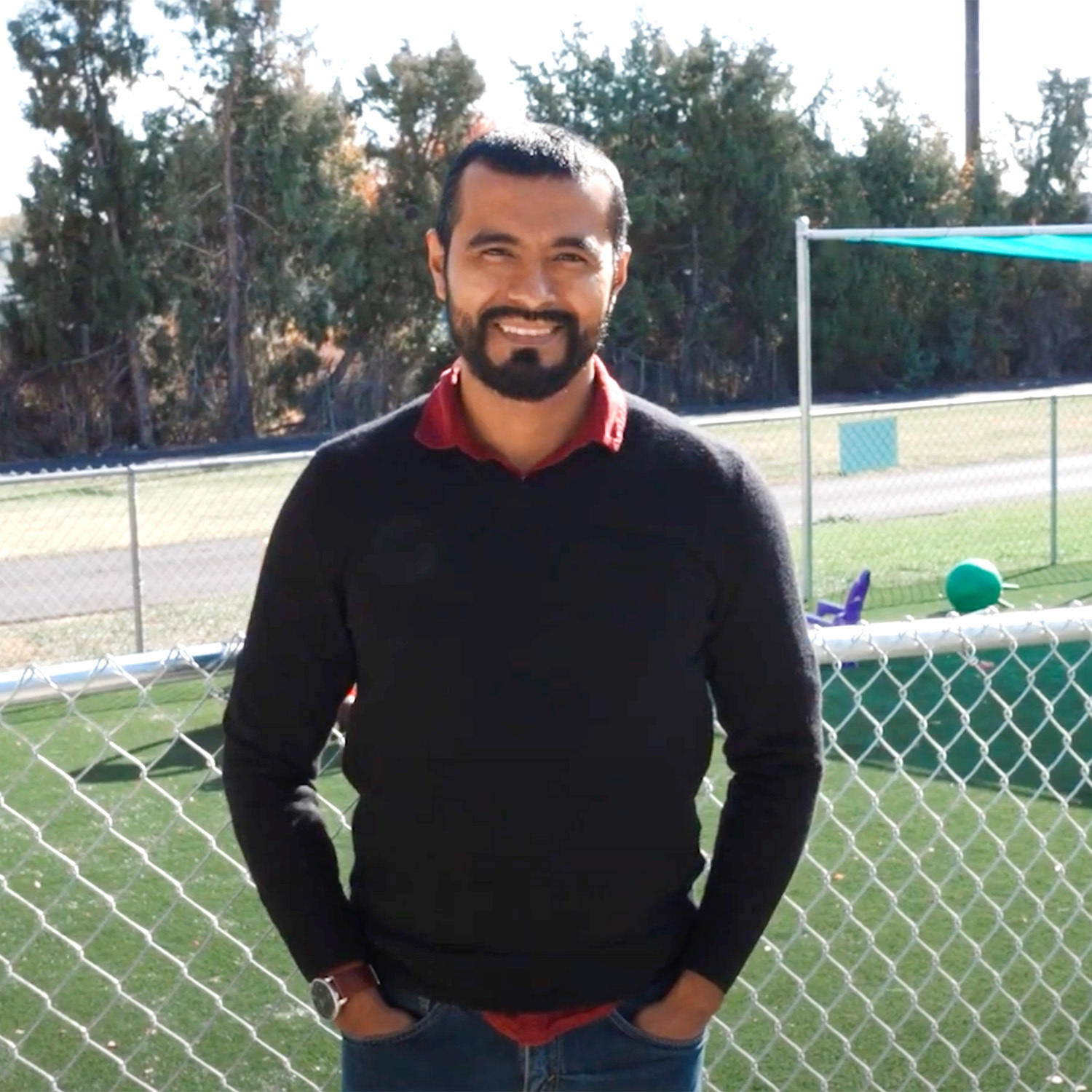Following the Path to a Behavioral Health Career
The one question everybody is asked when they are young is -
What do you want to be when you grow up?
Some of us might respond with an overly ambitious career like an astronaut, a spy, a movie star, or a singer. But, how often do those careers become a reality? As you get older, your idea about what you want to be when you grow up evolves based on your life experiences.
Often in our careers, we start down a path with one direction in mind and then life takes us in an entirely different direction.
That is what happened to Emmanuel Sanchez Diaz, the Behavioral Health Team Lead at Catholic Charities Serving Central Washington. When Diaz joined Catholic Charities it was just to get a little experience under his belt.
“This was my first job after grad school. I figured I'd go in, get my license, maybe, go to work in a school where I could have the summers off,” says Diaz. “Nine years later, here I am.”
Diaz says once he started at Catholic Charities he found that he liked it.
“I liked working with families. I liked seeing concrete changes taking place. I ended up liking the atmosphere of mental health and this team in particular. It kept me here instead of continuing down the path I thought wanted.”
Diaz says in the wake of COVID-19 the need for behavioral health services is greater than ever.
“Kids were gone from school for a year. Now they're coming back,” acknowledges Diaz. “A lot of the social skills they would have learned are lacking and that's creating a massive surge in behavioral problems for kids at school and at home as they're adapting back to a more normal way of life.”
And because insurance providers don’t always cover behavioral health services, there are fewer clinics available to offer care—especially in economically-challenged communities like those in Central Washington. It’s fallen on organizations like Catholic Charities to fill the gap in services. In 2020, Catholic Charities served more than 50,000 individuals. Over 43% of their budget was dedicated to services for behavioral health.
But, Diaz acknowledges, more needs to be done and agencies like Catholic Charities need more providers to continue to meet the growing need.
“Since I’ve been working here, we’ve always had a need for bilingual providers,” says Diaz a bi-literate clinician. “But now we just need more providers period,” says Diaz.
Diaz says it’s hard explaining how working at Catholic Charities, making tangible changes in people’s lives, can feel to a behavioral health provider.
“It is not something I can explain, but rather something they need to experience. When they start seeing what we do, seeing the outcomes, receiving the feedback from the families experiencing that change—it’s just very rewarding.”
And that, Diaz says is what made him realize his job at Catholic Charities wasn’t a stop along a pre-conceived path but instead his unforeseen destination.
“It makes me feel good at the end of the day to realize that the change I'm helping families make is potentially the foundation for somebody else's wellbeing for the rest of their life,” says Diaz. “It’s the best feeling there is.”
If you are interested in providing behavioral health services at Catholic Charities Serving Central Washington, apply now or learn more at workforhope.org.
